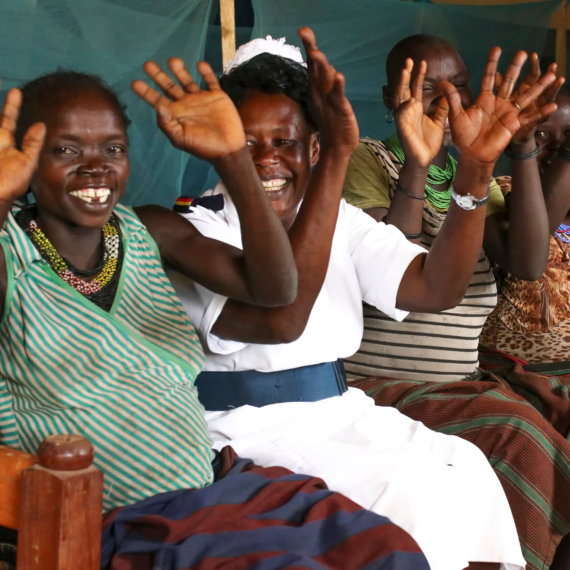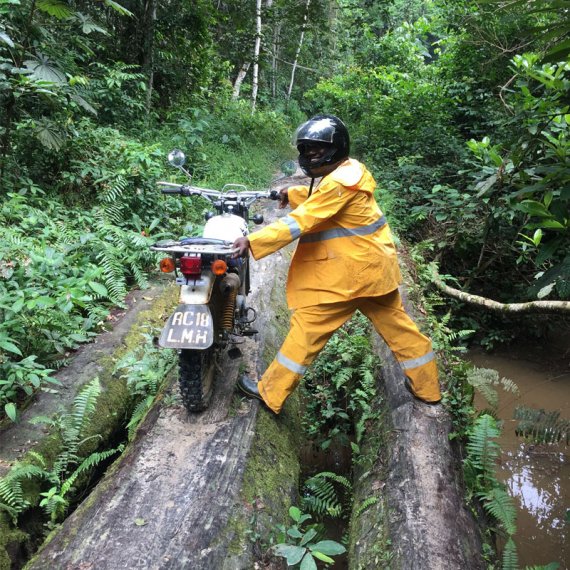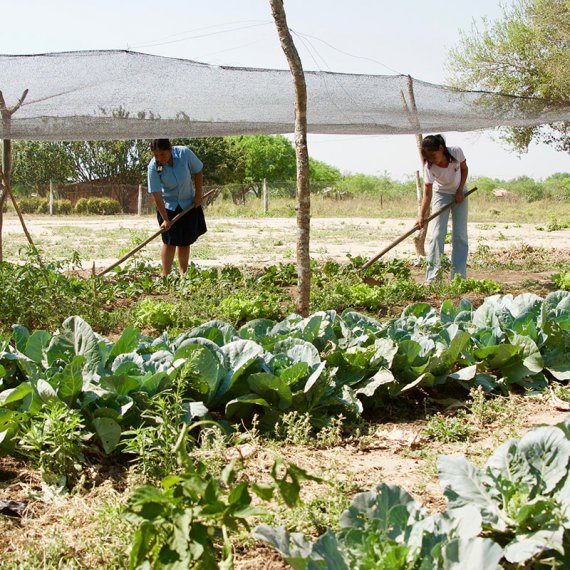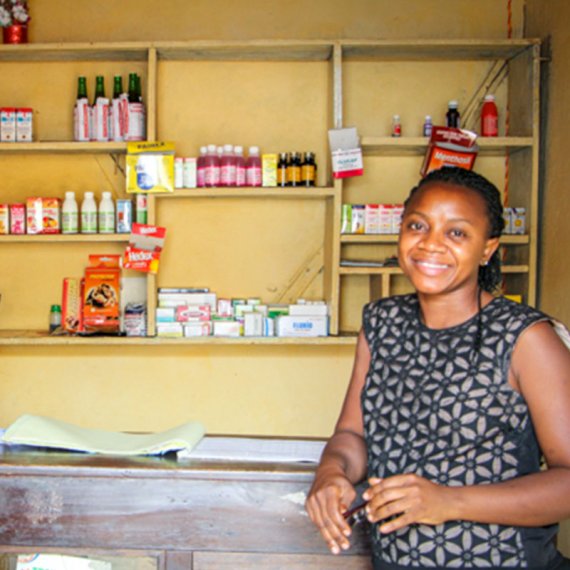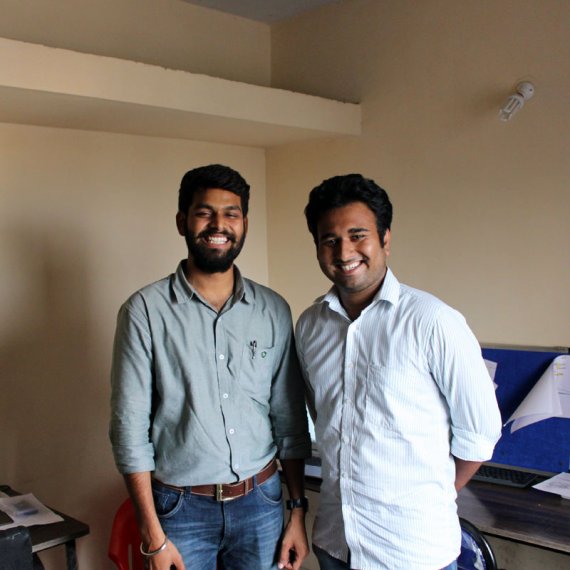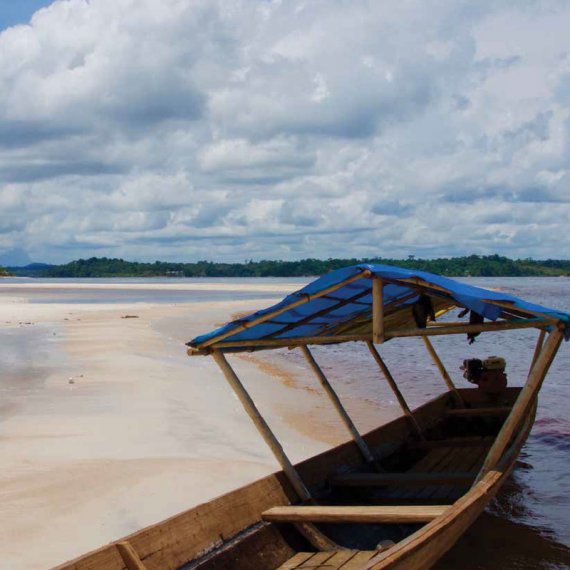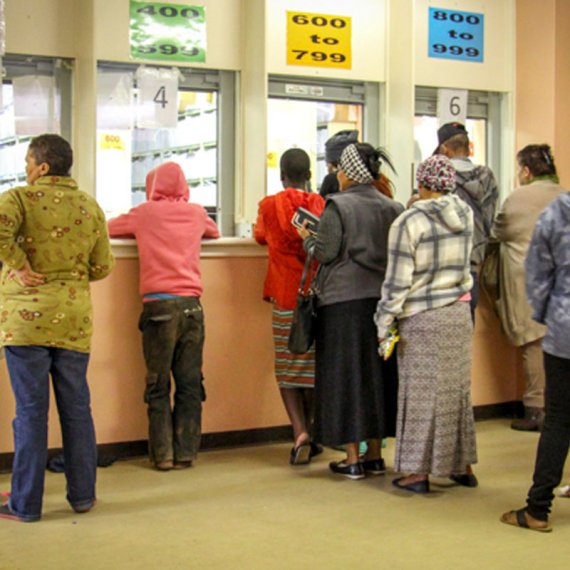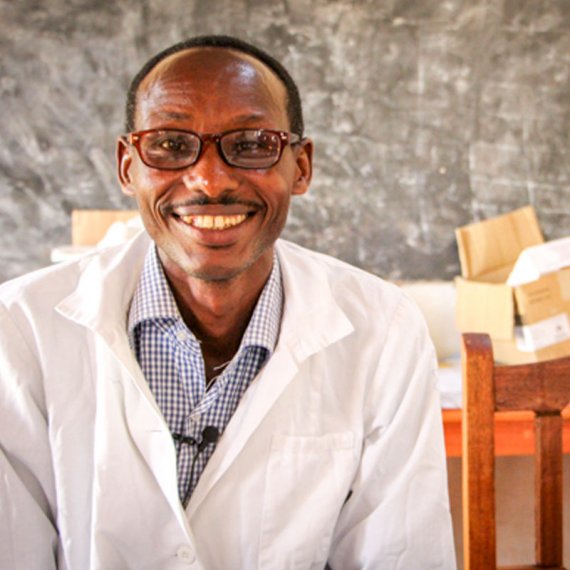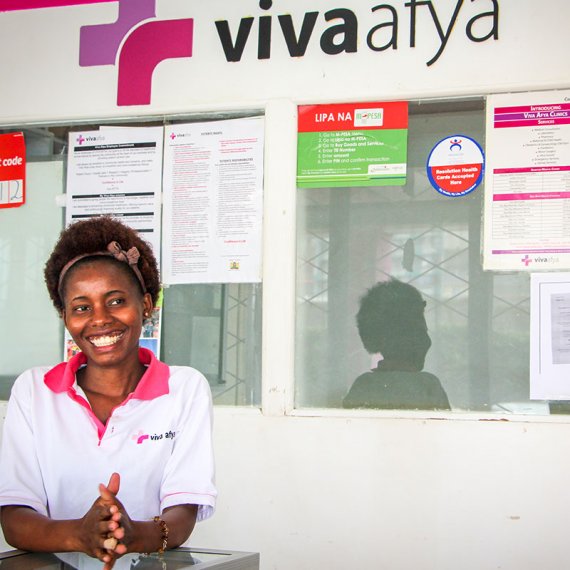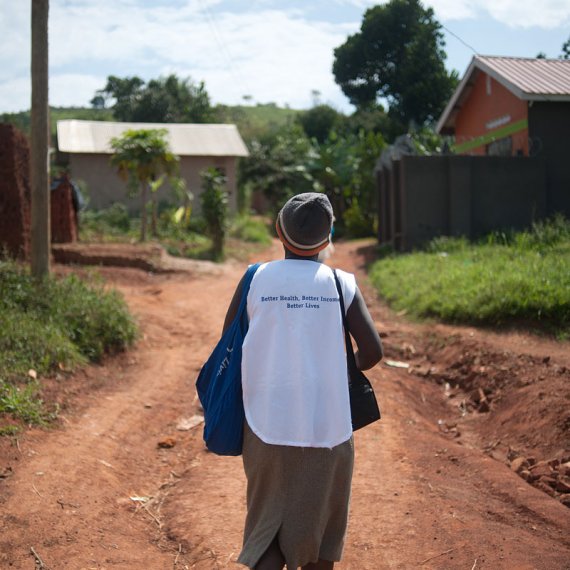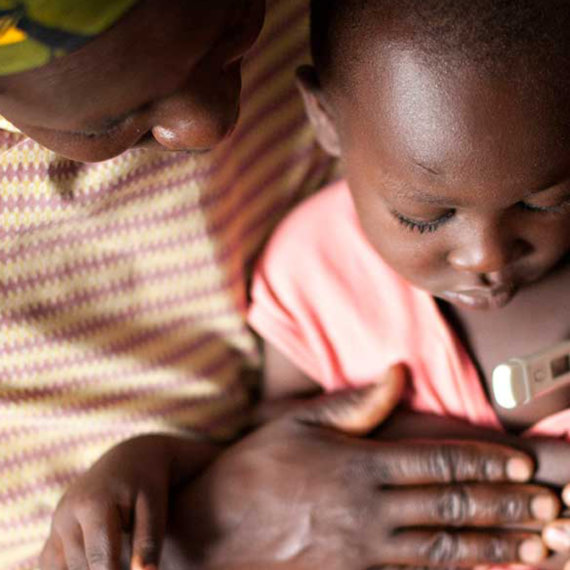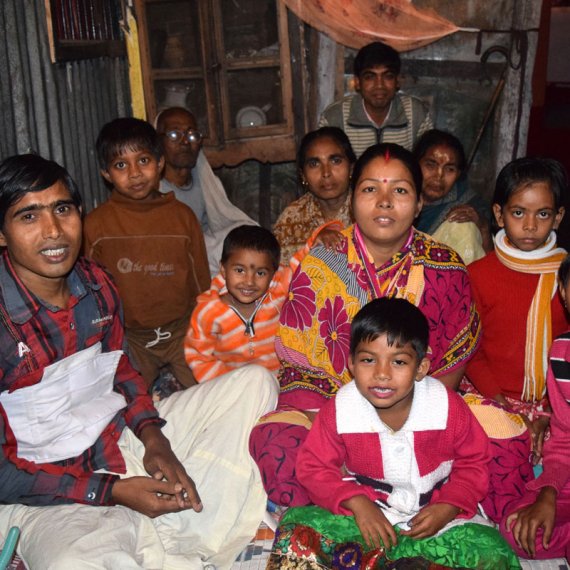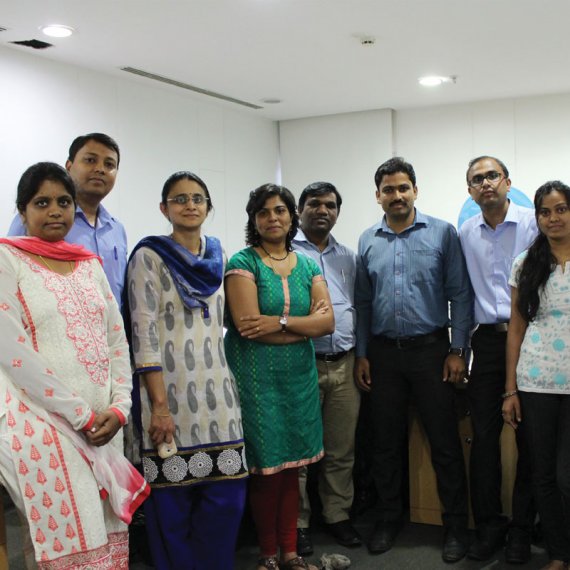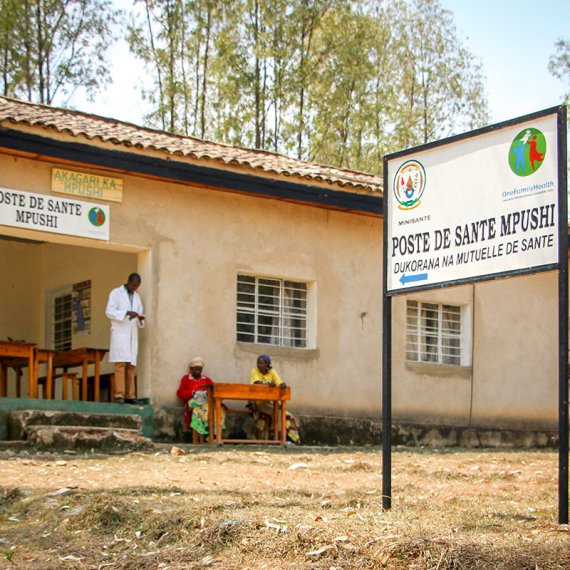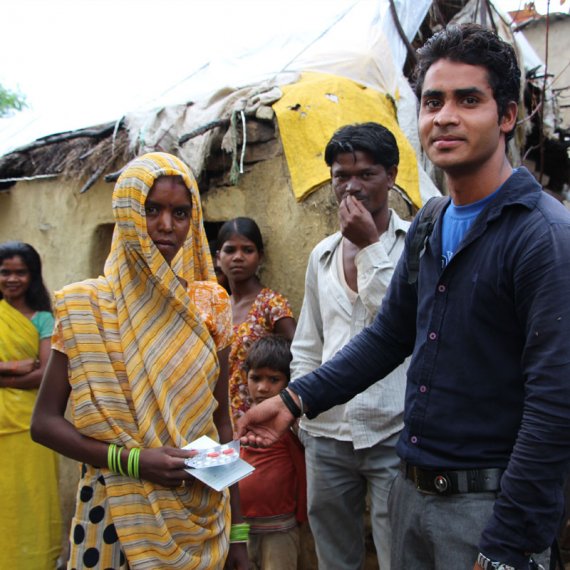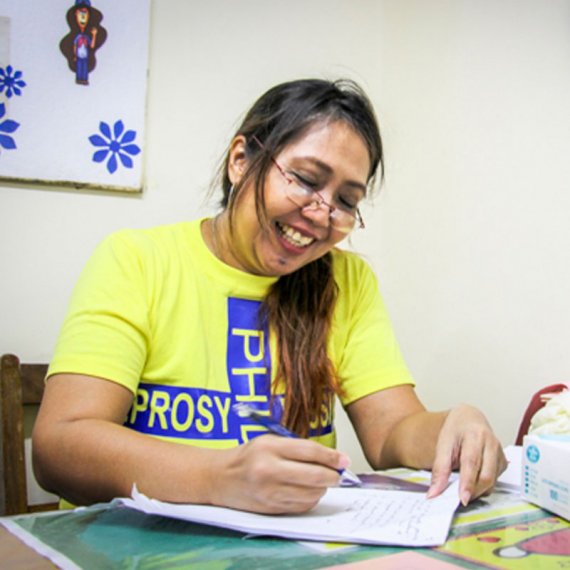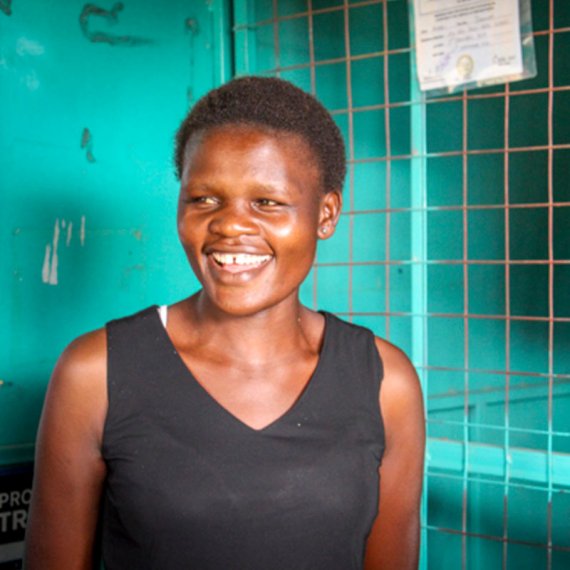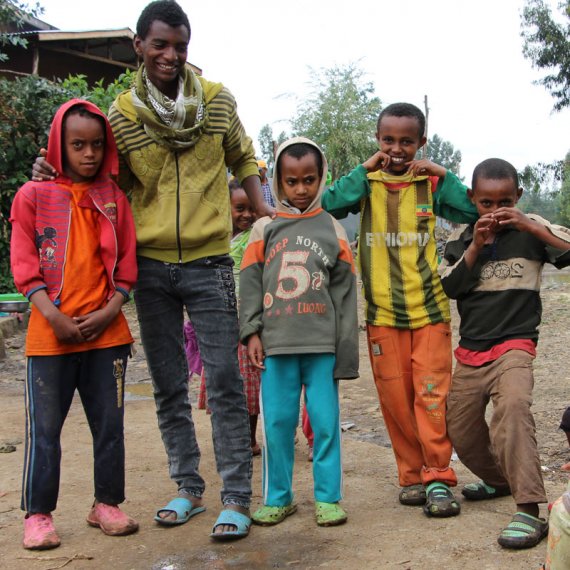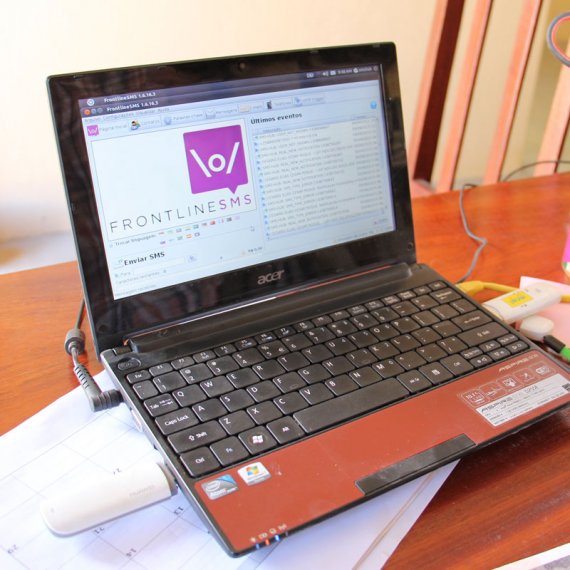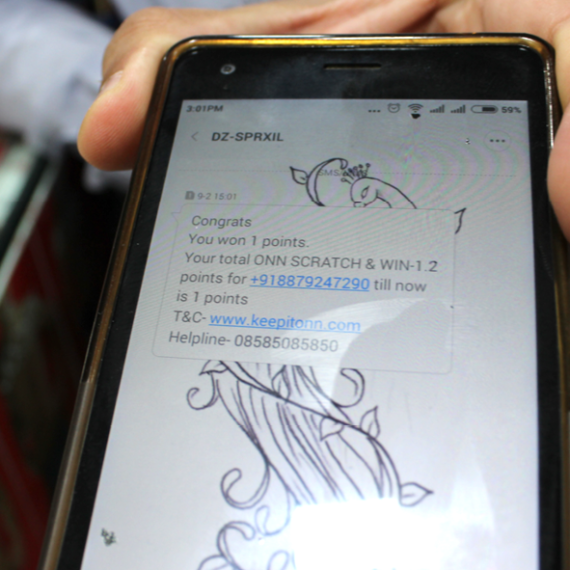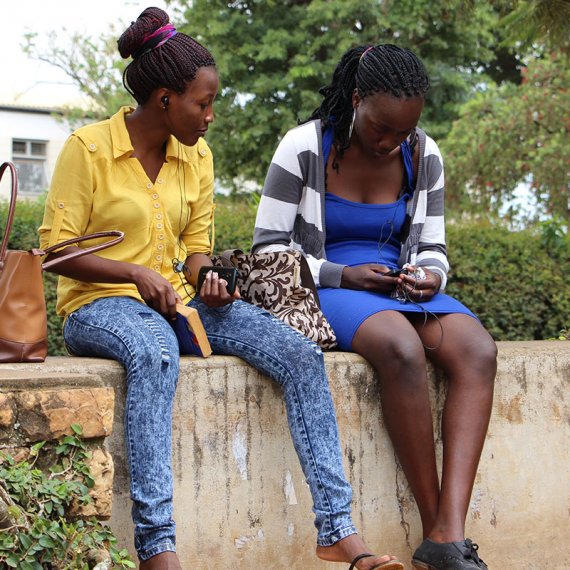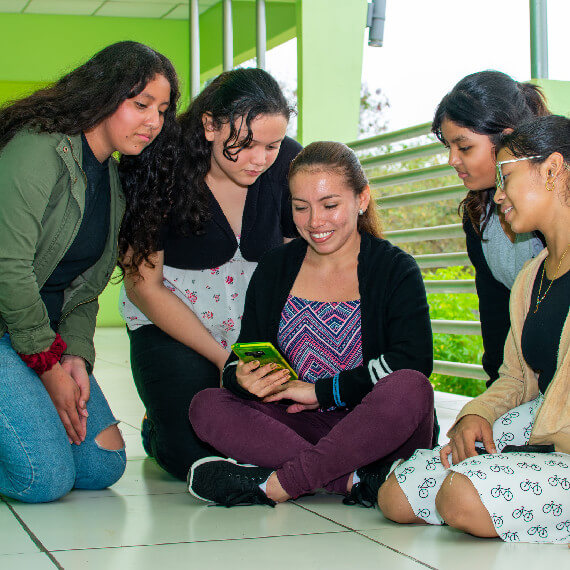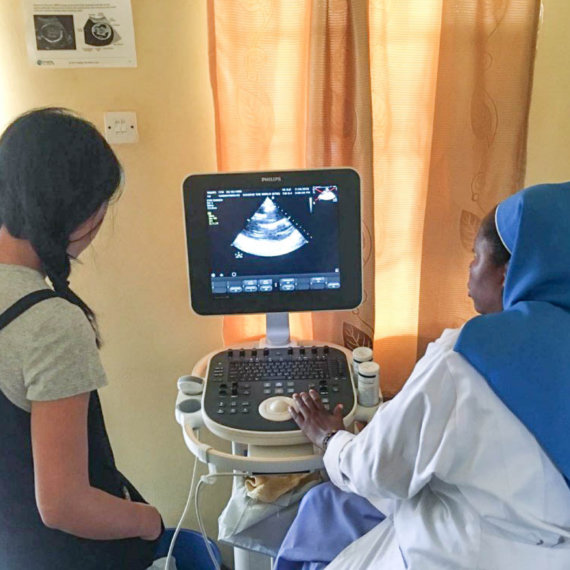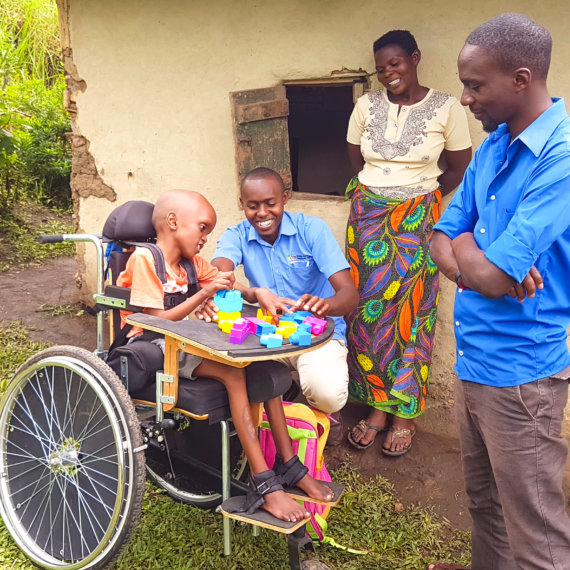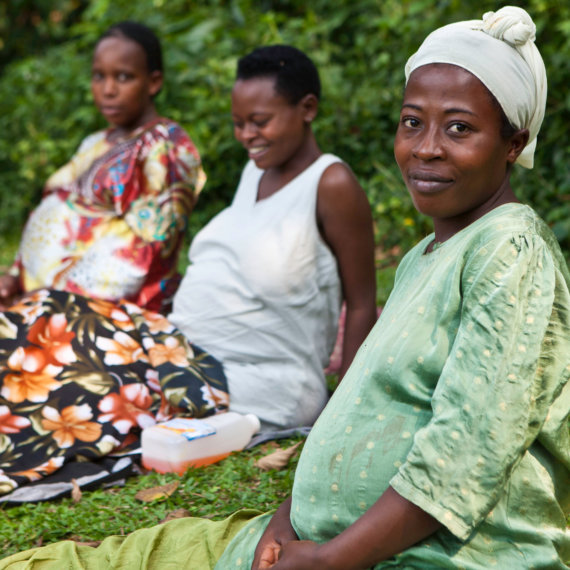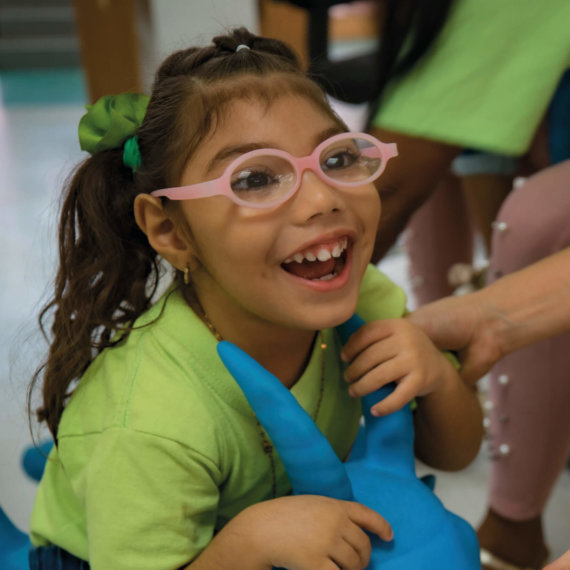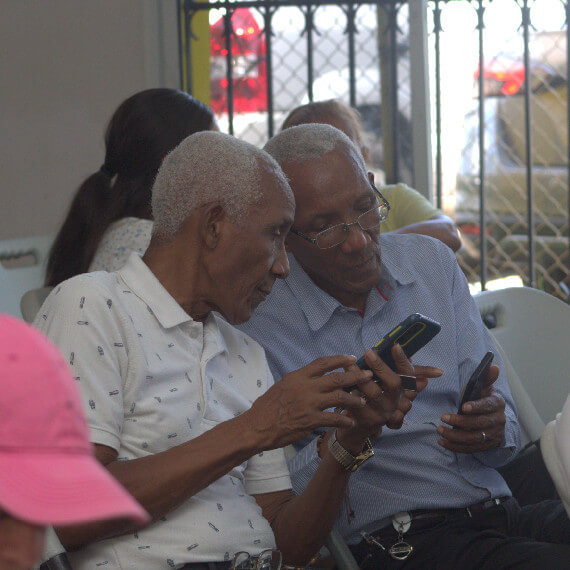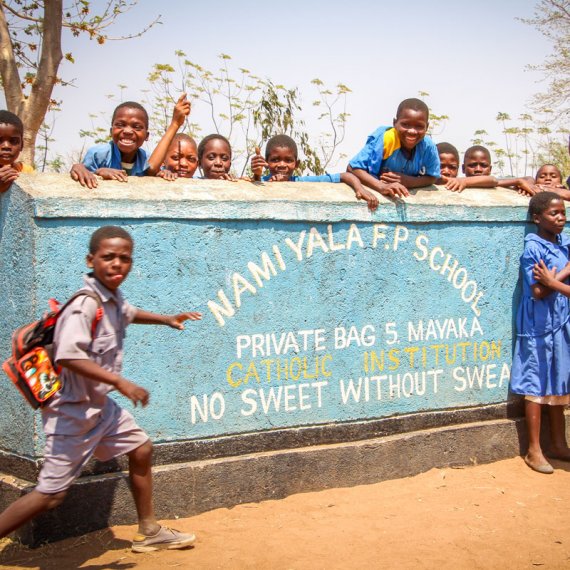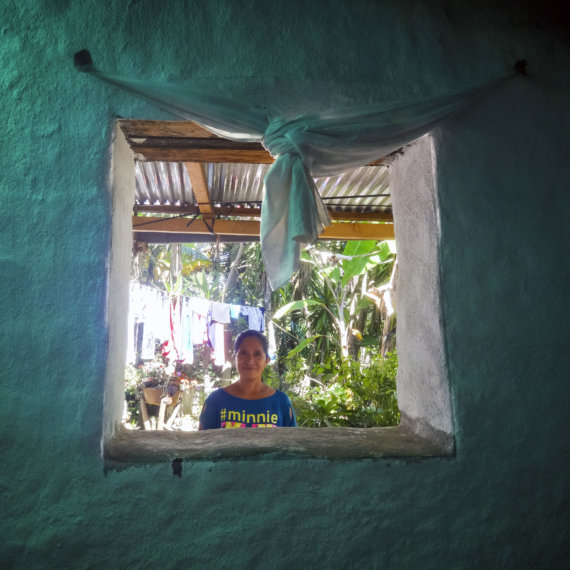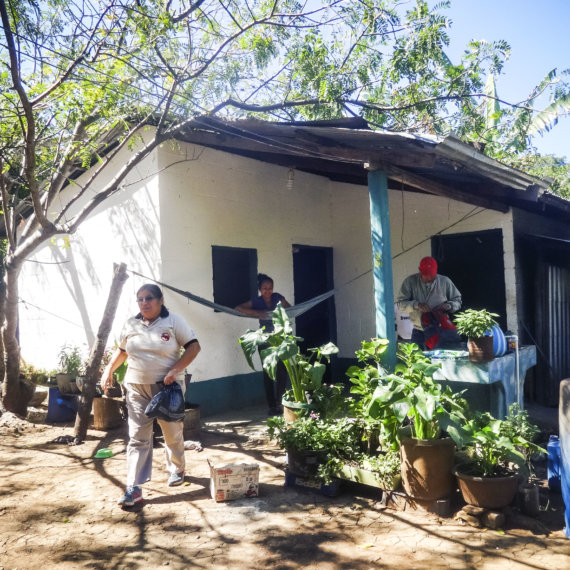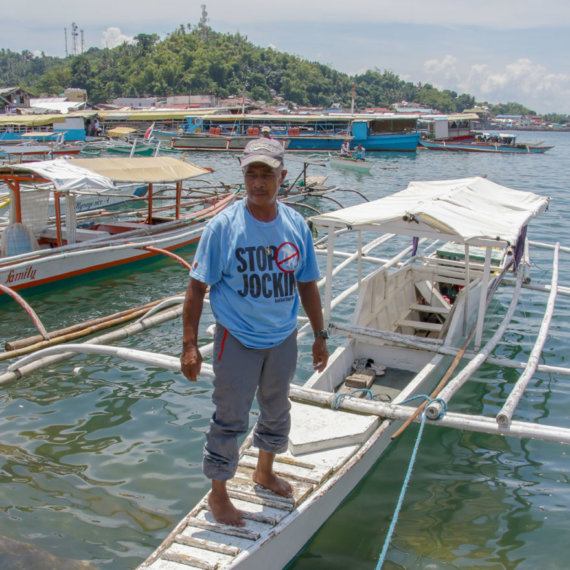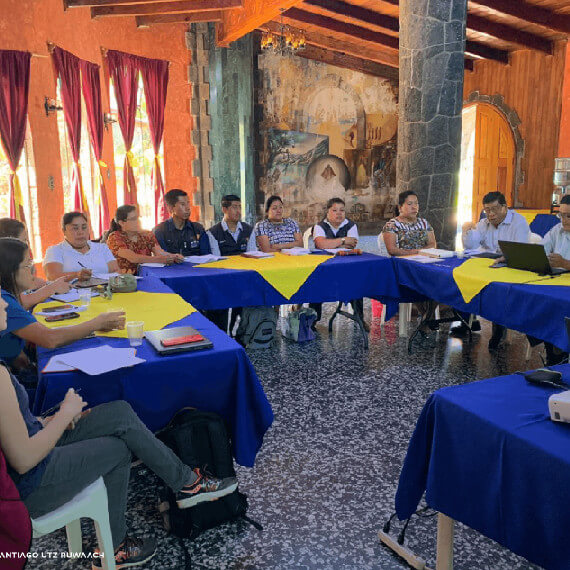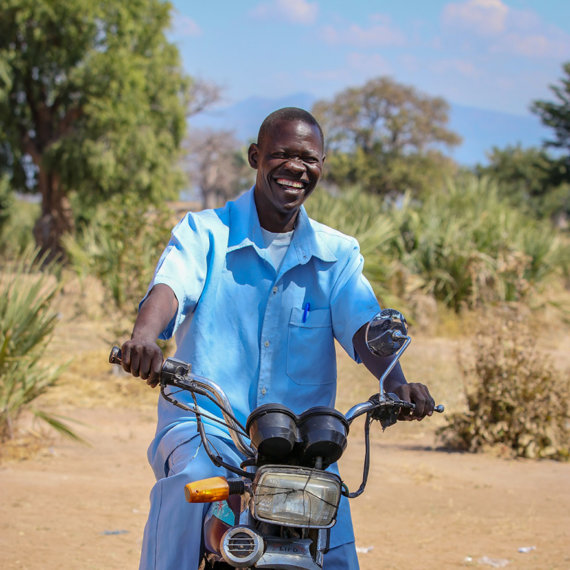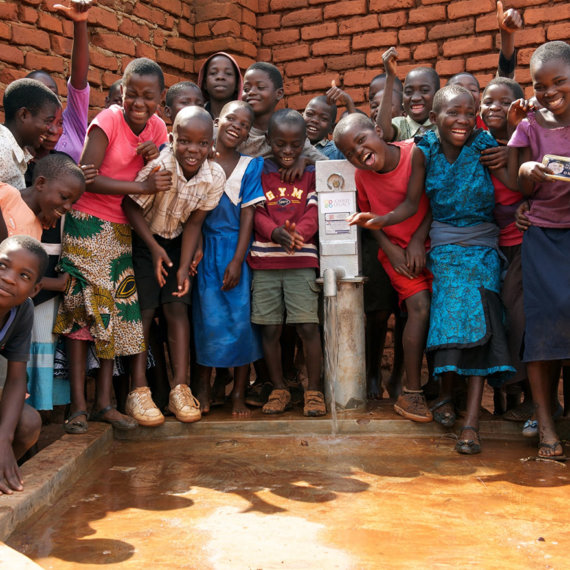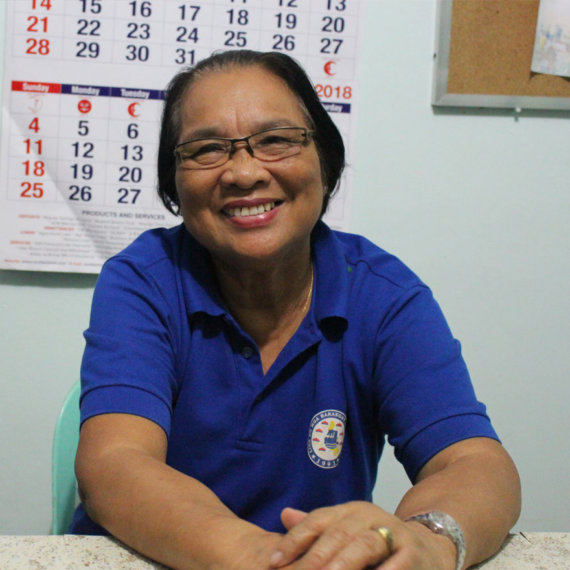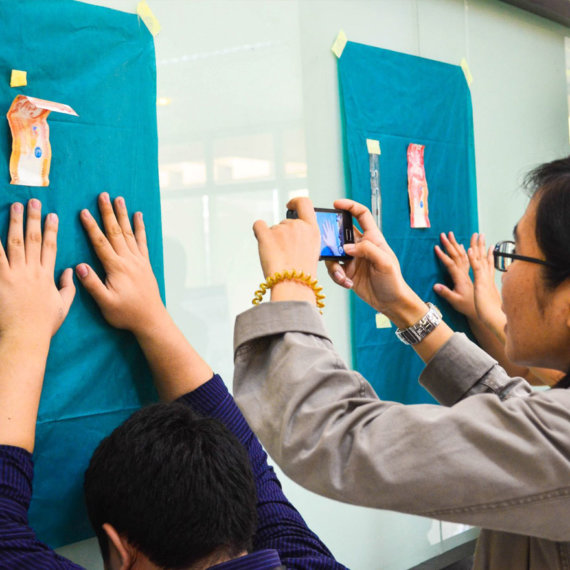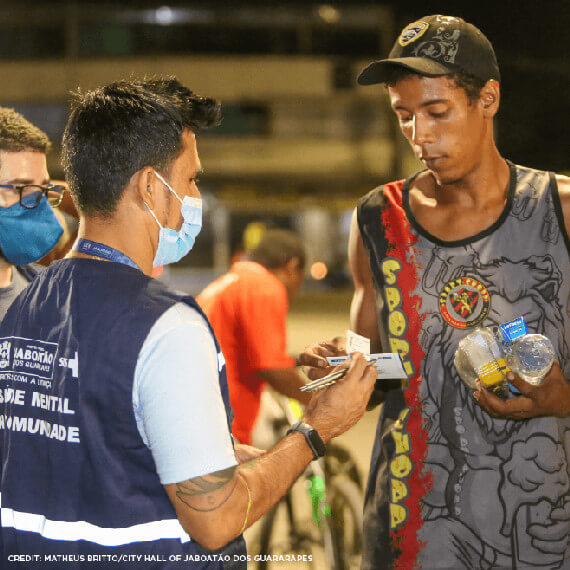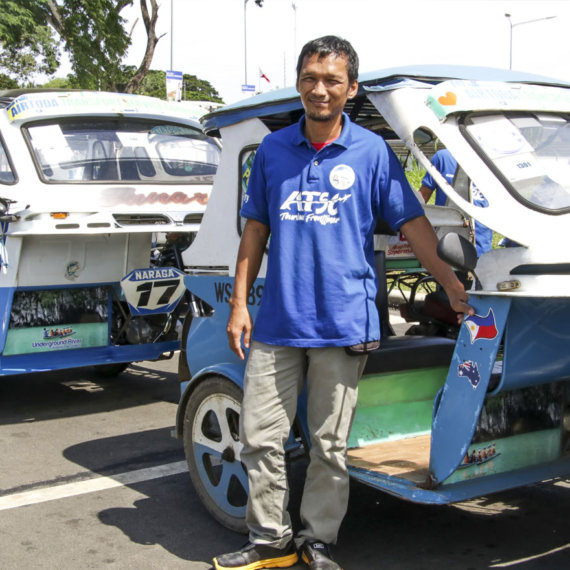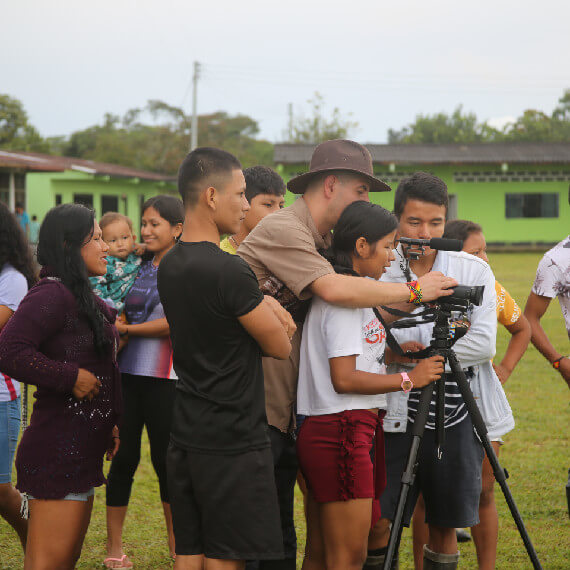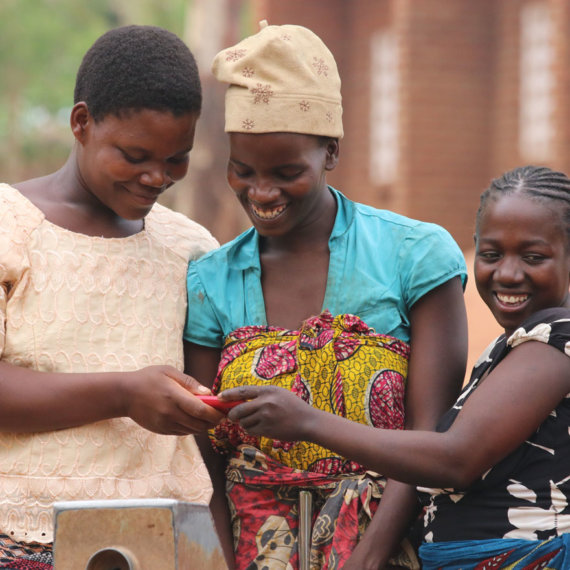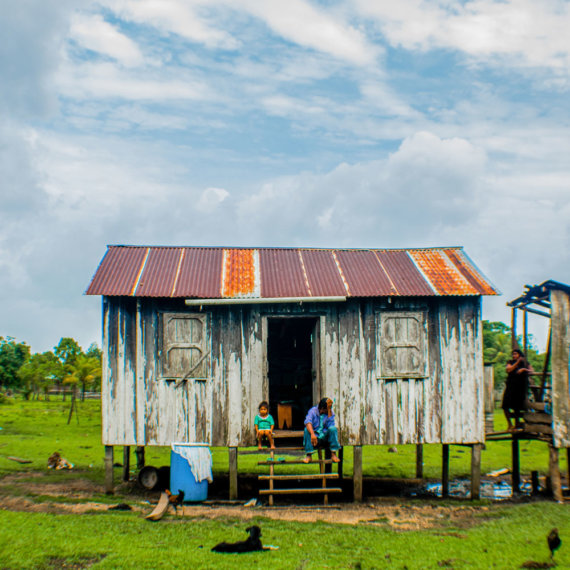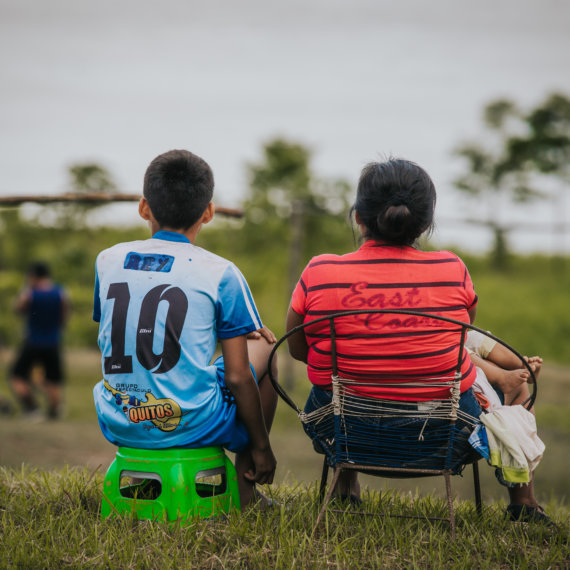Inter-island Health Service Boat Project
An integrated boat referral system that connects remote village health centres to the municipality’s main birthing facility.
CONTINENT
ASIA
Country
PHILIPPINES
Location
Municipality of Zumarraga, Samar, Philippines
Founding year
2015
Organizational structure
Partnership (Government and NGO)
Health focus
Maternal and Child Health
Actors Involved
State, NGO, communities
Programme Focus
Service Delivery
Health System Function
Logistics
CHALLENGE
Zumarraga is an island municipality composed of 25 coastal villages. It is one of more than 700 geographically isolated and disadvantaged areas (GIDA) in the country. Access to the municipality is only through passenger or private boats. Transporting high-risk pregnant women in an accredited birthing facility is challenging due to lack of circumferential roads. Prior to the implementation of the project, facility-based deliveries and skilled birth attendance were only 20% (national target: 95%).
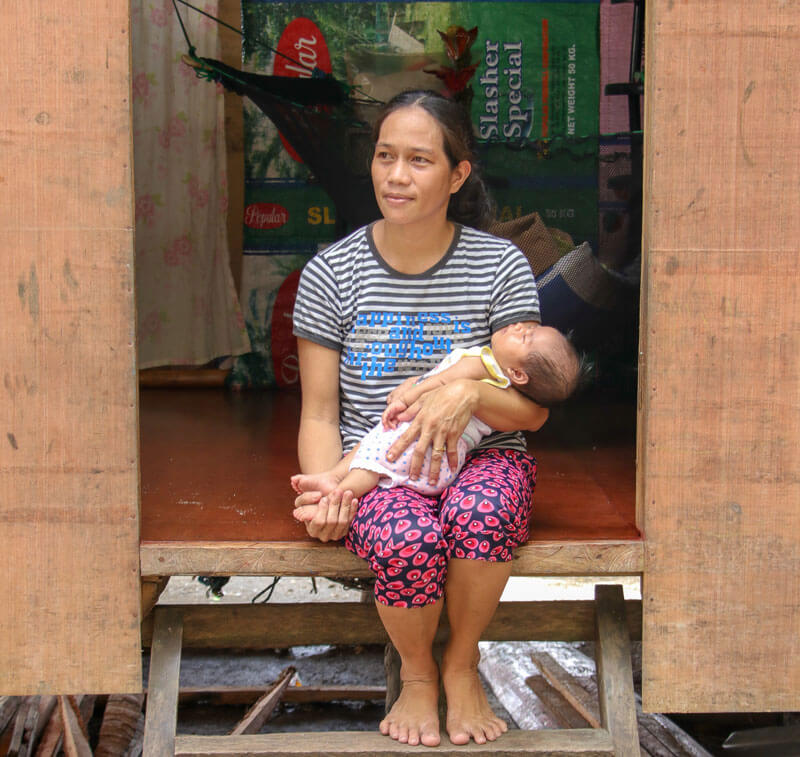
“Addressing access (to health services in Zumaraga) actually changed the way services are being delivered and even the attitudes of the health workers giving the services. The health workers became more concerned about the health situation of their community.”
– Dr. Katherine Nono-Abiertas, Former Municipal Health Officer, Zumaraga, Social Innovator
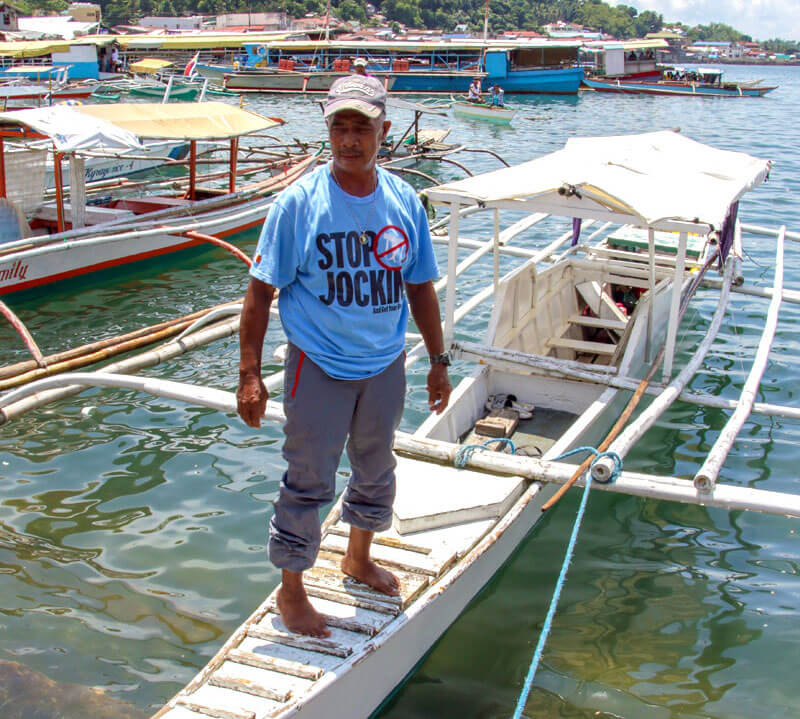
INTERVENTION
The Inter-Island Health Service Boat Project is a sea ambulance or a boat referral system that connects remote barangay (village) health stations to the main birthing facility in Poblacion. It also ensures that a designated boat driver and fuel are always available and accessible for timely referral. The birthing facility is accredited by the Philippine Health Insurance Corporation (PhilHealth) to provide a basic maternal and new-born packages, hence it is entitled to claim reimbursements for every PhilHealth member who delivers at the birthing facility. The facility utilizes the reimbursements from PhilHealth to fund the operations and maintenance of the boats.
“I’m crying because so many people have been saved since the motorboat came. We had to search to find a motorboat to borrow before. It was really hard before, sometimes the pregnant women were delivering their babies at their homes.”
– Aida Bolo, Midwife, Zumaraga
Significant improvements were noted in key maternal and child health indicators. Two years after initial implementation, Zumarraga improved in its facility-based deliveries from 20% in 2013 to 90% in 2015.
In addition, the facility earned more than one million pesos (approx. USD 20,000) from PhilHealth reimbursements from 2015 to 2016. The extra funding allowed the health centre to strengthen the implementation of its key priority health programmes. The project has also increased trust between the health workers and the community members because of the enhanced capacity to respond to emergencies using the dedicated health service boats.
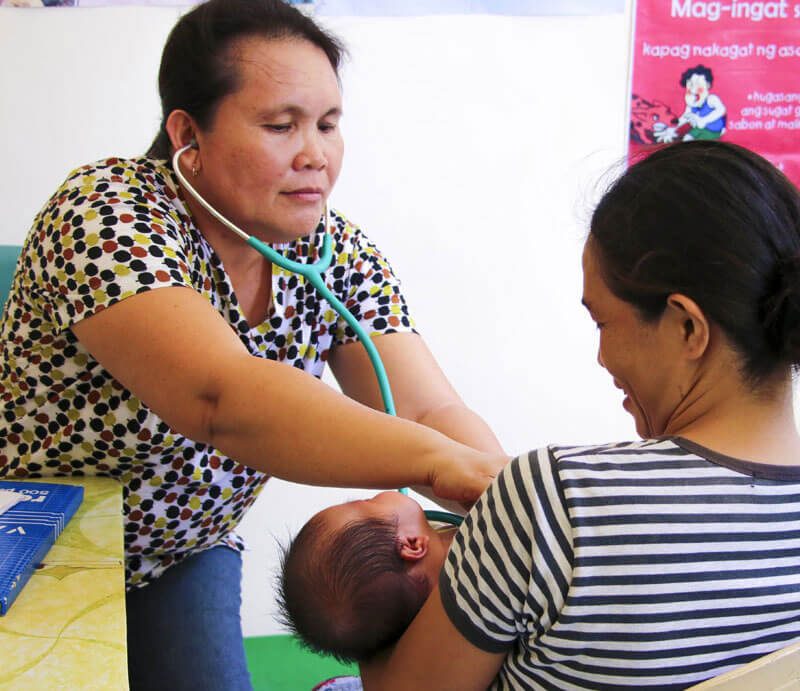
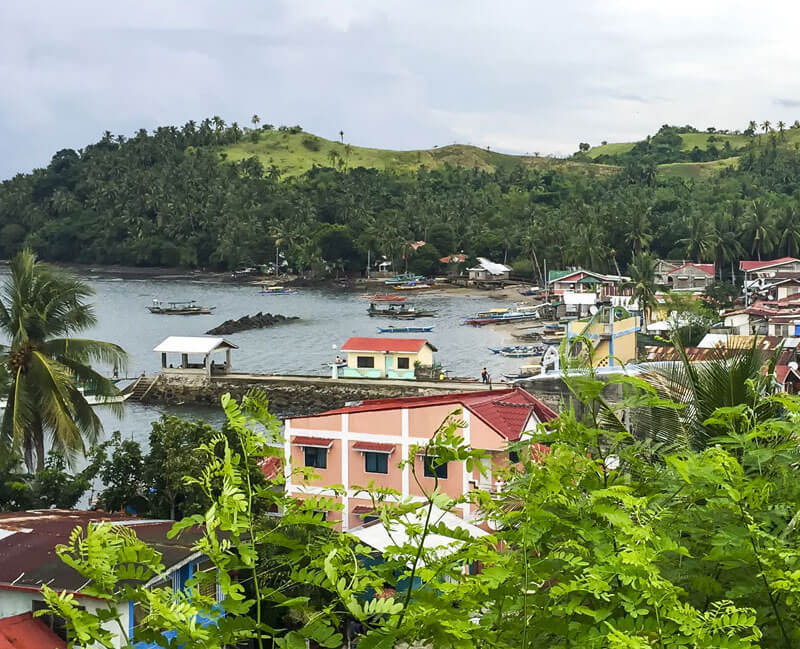
CASE INSIGHTS
In an archipelagic nation like the Philippines, boats are not only an important means of transport but also provide a life-saving link that ensures access to needed health facilities. However, supporting mechanisms such as dedicated boatmen, regular availability of fuel supplies and boat builders, as well as active engagement of village chiefs for support must be put in place to ensure sustainability of operations and maintenance. Ensuring ownership and commitment from the health workers, especially the midwives, is important. As principal caretakers of the boats, the midwives embrace the responsibility of ensuring that the boats are properly utilized and adequately maintained.

